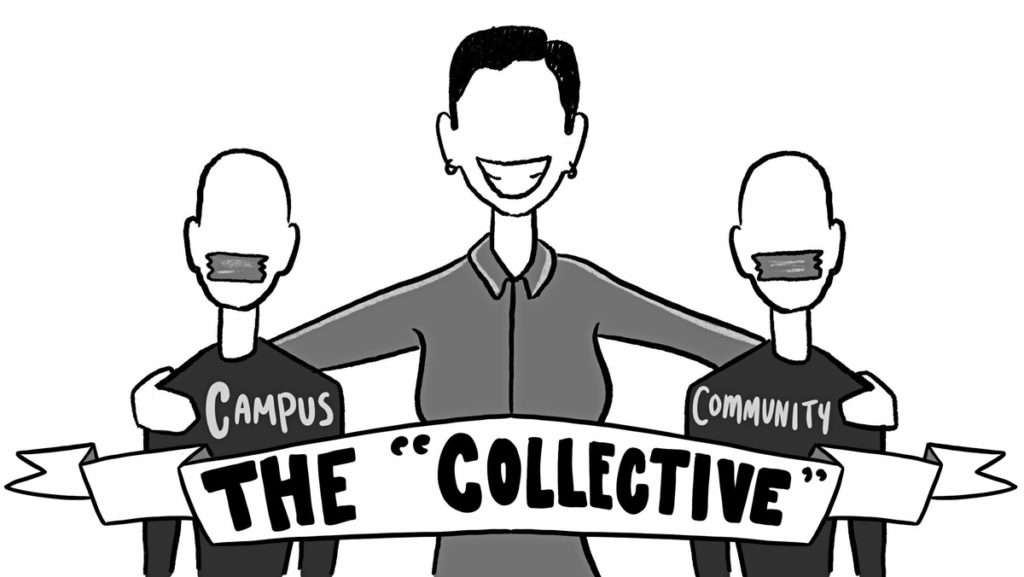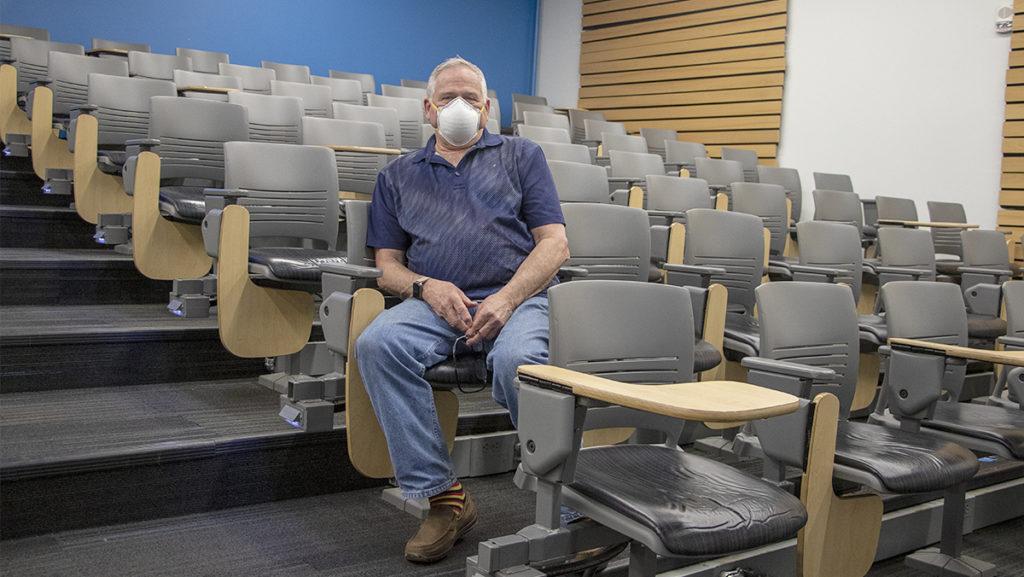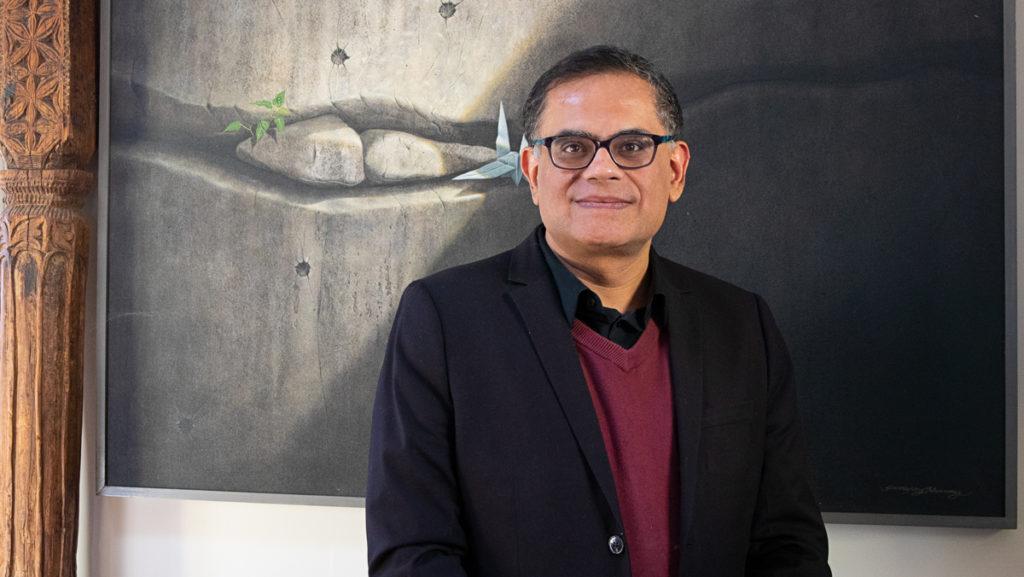What does the administration need to understand that the Ithaca College campus community is unhappy about the Academic Program Prioritization process? Countless letters, organizations and a faculty vote have all expressed the same sentiment: The collective decision is to slow down.
There is no denying that the college needs to make painful department and program cuts and layoffs. But it is the haste of the process, accelerated by a global pandemic, that infuriates the community. It is the lack of transparency, despite self-proclaimed assertions, that heightens the collective anger.
Over 300 faculty members participated in a survey that measured “up-or-down” faculty support of the “Shape of the College” draft as well as whether the draft has the potential to be implemented successfully. Overwhelmingly, faculty voted against the recommendations. According to the vote, 78% of respondents indicated concerns and opposition to the draft. Approximately half of the faculty abstained from the vote — perhaps because of a fear of retaliation, or a hopeless feeling that no matter what they say, the administration will not listen.
How much clearer do members of the campus community need to be that there needs to be a change?
Actions speak louder than words — especially buzzwords like “bold” and “nimble.” This utter lack of respectful and collaborative leadership has only been exemplified through the testaments in the letters and statements made by students, faculty, staff and alumni about this process. Just one example of this is when a request from alumni to meet with the Ithaca College Board of Trustees was met with a “no.”
The administration, it seems, cannot — or is choosing not to — hear these concerns. People are sharing the hurt and grief they are feeling as a result of these decisions. But clearly, feelings don’t factor into the college’s strategic plan.
As the clock runs out, it feels even more likely that the “Shape of the College” draft will be approved. Despite the mounting dismay among members of the college community, it seems inclusion is not a fundamental pillar of these decisions. The administration is mercilessly severing ties with its most important constituents. After this process is over and the administration struggles to regain the trust of the campus community, we will see if it will move to a leadership model that is truly collaborative and inclusive.



















